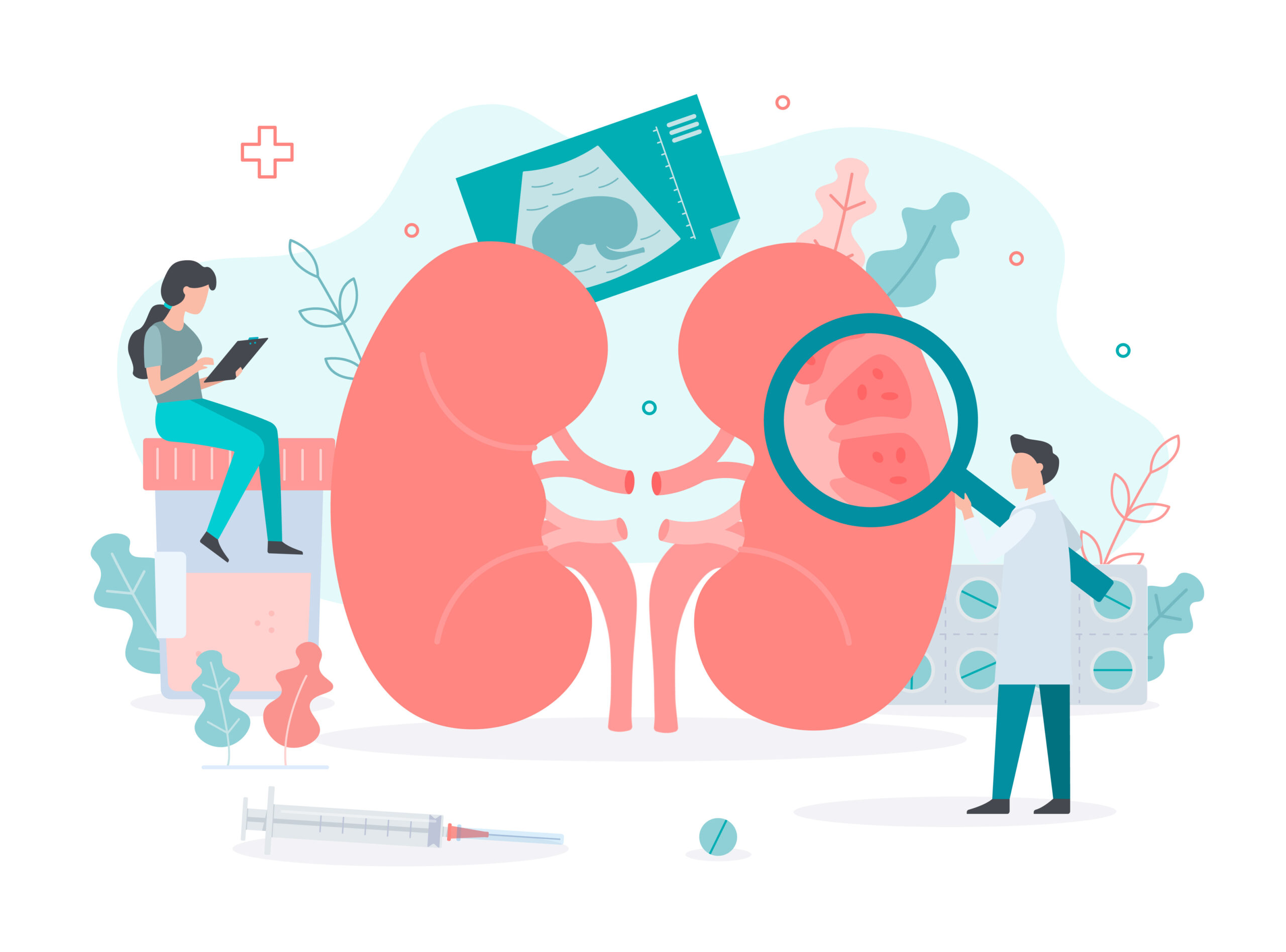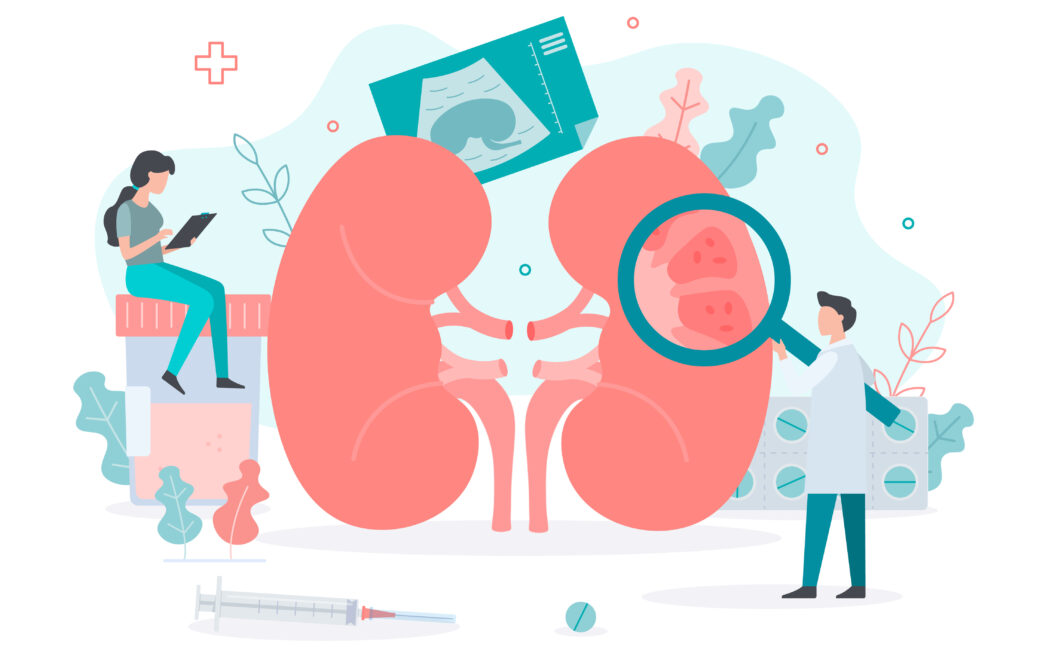Common Kidney Health Myths
The kidneys are vital organs that play a crucial role in maintaining overall health and well-being. However, several misconceptions surrounding kidney health need to be addressed. In this blog post, we'll debunk common kidney health myths and provide accurate information to help you better understand your kidney health.
At Midwest Nephrology, our team of experienced nephrologists is committed to providing comprehensive care and education to support your kidney health journey. Whether you have questions about kidney health myths or need guidance on managing kidney disease, we're here to help.

Myth 1: Kidney Disease Always Comes with Back or Side Pain
Reality: While kidney infections, stones, or cysts can cause severe discomfort, kidney disease often progresses silently, with no noticeable symptoms in the early stages. Regular check-ups and kidney function tests are crucial for early detection.
Myth 2: Alcohol Causes Kidney Disease
Reality: While heavy drinking can harm the kidneys over time, kidney disease is typically caused by factors like diabetes, high blood pressure, and genetic predisposition. Moderate alcohol consumption, in the absence of these risk factors, is unlikely to lead to kidney disease.
Myth 3: You Need to Drink 8 Full Glasses of Water to Flush Your Kidneys Daily
Reality: While staying hydrated is essential, your water needs vary depending on age, activity level, and climate. Listen to your body and drink when thirsty, avoiding overhydration, which can strain the kidneys.
Myth 4: Frequent Urination Is a Sign of Healthy Kidneys
Reality: Frequent urination can indicate various health issues, including diabetes and urinary tract infections. Diseased kidneys may produce large amounts of urine while not removing waste products, leading to frequent urination and increased thirst.
Myth 5: Chronic Kidney Disease Is Uncommon
Reality: Chronic Kidney Disease (CKD) is prevalent, affecting millions worldwide. Regular health check-ups can help identify CKD in its early stages when interventions are most effective, especially for those with risk factors like diabetes or high blood pressure.
Myth 6: You Will Know If You Have Kidney Disease
Reality: Kidney disease often progresses silently, with no symptoms until advanced stages. Regular kidney function tests are essential for early detection and treatment, especially for those with risk factors or a family history of kidney disease.
Myth 7: Dialysis Is the Only Treatment for Kidney Disease
Reality: While dialysis is vital for severe kidney failure, kidney disease can often be managed through medication, dietary changes, and lifestyle adjustments in its earlier stages. Kidney transplantation is another option for those with end-stage kidney disease.
Myth 8: Chronic Kidney Disease Is Genetic and Cannot Be Prevented
Reality: While genetics can affect kidney disease risk, lifestyle factors significantly impact kidney health. Taking proactive steps like maintaining a healthy lifestyle can reduce the risk of developing CKD or slow its progression.
Myth 9: People With One Kidney Cannot Participate In Physical Activity
Reality: Physical exercise is encouraged for individuals with one kidney as it promotes overall health. However, some contact sports that may pose a risk of injury to the remaining kidney should be avoided.
Myth 10: People With One Kidney Can't Have Children
Reality: Despite requiring closer monitoring, individuals with one kidney can safely conceive and have children. It's crucial to consult with a healthcare provider for personalized guidance.
Contact Midwest Nephrology Today
The nephrologists at Midwest Nephrology specialize in diagnosing and treating various kidney conditions, ensuring you receive personalized care tailored to your unique needs. We believe in empowering our patients with knowledge and resources to make informed decisions about their health.
If you're looking for reliable information about kidney health or seeking expert guidance from nephrology specialists, Midwest Nephrology is your trusted partner. Schedule a consultation with us today to learn more about how we can support you on your kidney health journey. Remember, when it comes to kidney health, always trust your nephrologist for accurate information and guidance.
